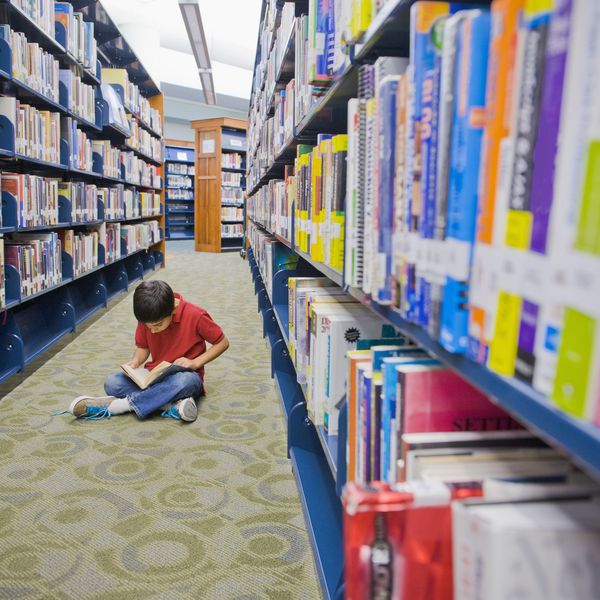There are children in cages along the U.S.-Mexico border right now. And more are showing up every day.
Three-quarters of these kids - some as young as four - are from Guatemala, El Salvador, and the "murder capital" of the world, Honduras. Many are fleeing rampant drug, gang, and sexual violence in these countries, risking a long and extremely dangerous journey for a chance at a future. Some don't make it. Others fall into the hands of traffickers, where they can be robbed, raped, kidnapped, abused, or abandoned.
Those who do survive the trip are arriving in greater numbers than ever before - as many as 90,000 are expected by the end of this year - and there's no question that this crisis is straining resources in the United States, as federal agencies scramble to keep up with the influx in a system equipped for far fewer children.
Emergency funds are needed as quickly as possible to ensure that these vulnerable children are appropriately housed, clothed, fed, and provided with basic necessities. The immigration court system is also desperately in need of resources, in order to provide meaningful court hearings for these children.
Earlier this week, the administration unveiled a wide-ranging emergency supplemental appropriations request, which would provide $3.7 billion across multiple federal agencies to address the crisis. Here's a quick look at what's in it:
- Department of Health and Human Services (HHS): At $1.8 billion, funding for HHS is the largest piece of the request, including resources for the custody, screening, and placement of kids after they are transferred out of CBP custody. This funding is absolutely necessary to provide emergency shelter and care. It's also long overdue, considering that HHS has been working with insufficient resources for years, even though CBP began reporting increased apprehensions of unaccompanied children back in 2011. Finally, Congress should ensure that adequate funding will be available to maintain ongoing refugee resettlement services unrelated to this crisis, and that any funds that have already been diverted from other refugee work will be restored.
- Department of Justice (DOJ): The administration requests $62.9 million for DOJ to meet the legal needs associated with the crisis, including $45.4 million to hire 40 additional immigration judge teams, $2.5 million to expand the legal orientation program, and $15 million to provide attorneys to children facing immigration court alone. While this would be a welcome increase, it doesn't come close to meeting the demands of the perennially underfunded immigration court system, which already faces an enormous nationwide backlog of over 366,000 cases. It is also seriously disproportionate to the major increases requested for Department of Homeland Security (DHS), continuing a destructive trend of throwing resources at enforcement without matching resources for adjudication, which only perpetuates the bottleneck in immigration courts and makes it more difficult for the government to fulfill its obligation to provide every child with a meaningful hearing.
- Immigration and Customs Enforcement (ICE): The administration's request of an additional $1.1 billion for ICE includes $879 million to detain, prosecute, and deport migrant parents as well as to expand alternatives to detention. Much of that amount could be used to increase family detention exponentially - from less than 100 beds currently to many thousands. Not only is detention an ineffective deterrent for people who are fleeing desperate situations, it is also inappropriate for families because of ICE's track record for abuses and inhumane conditions. Although the request mentions the expansion of important alternatives to detention for parents, it fails to specify how much funding would actually be directed towards those efforts.
- U.S. Customs and Border Protection (CBP): The administration requests an additional $393 million for CBP to care for children until they are transferred to HHS custody. But it also covers staffing costs for Border Patrol agents, which is unnecessary considering that there are already more agents than ever before and overall apprehensions, despite this crisis, are still near historic lows. Additionally, the request includes $39.4 million for additional drone surveillance. This makes little sense, given that children and families are not attempting to cross the border undetected. In fact, many are turning themselves in or seeking out agents for help. Migrants are already being apprehended, so militarizing the border with additional surveillance mechanisms won't address the problem at hand. Congress should question whether these resources could be much better spent elsewhere.
Additionally, President Obama's letter accompanying the request signals that he may separately ask Congress to change the law so that children can be deported more quickly and with fewer procedural protections, as he signaled in a letter to Congress last week. Some Republicans are already calling for such a change as a condition of passing emergency funding. Under this scenario, rather than being transferred to HHS for screening by professionals to determine if they have been victims of trafficking or have claims to asylum, children could be subject to immediate deportation at the discretion of Border Patrol agents with no training in child welfare.
That would be a very bad thing, not just for the kids who would be sent back to the dangerous conditions they risked their lives to escape, but for the nation and what it says about how we treat the most vulnerable among us.
As lawmakers consider a path forward, they must ensure that supplemental funding first and foremost addresses immediate humanitarian needs. They must then also reject any proposal that would unnecessarily expand the immigration enforcement regime or weaken existing legal protections for children.
It's what these kids deserve, and it would reflect well on us as a nation.


